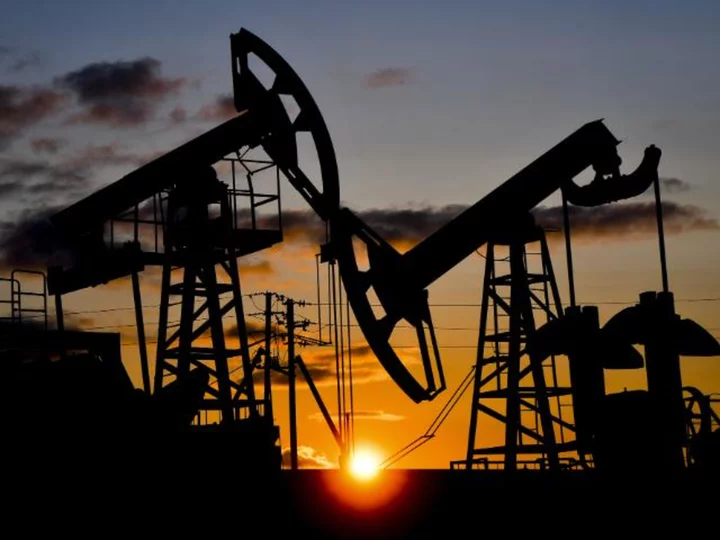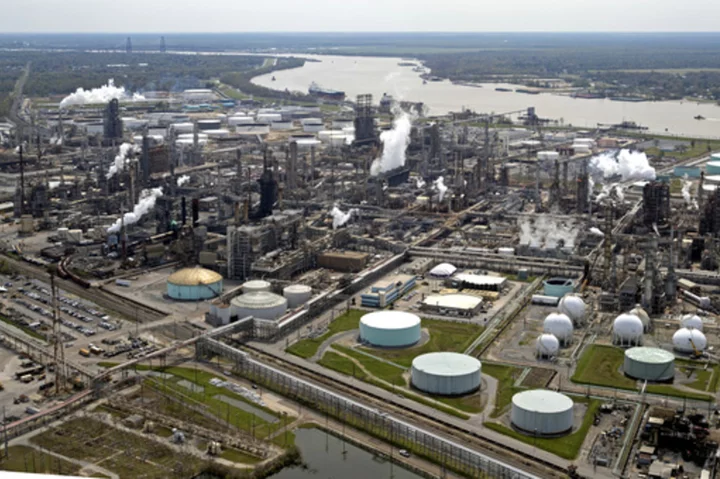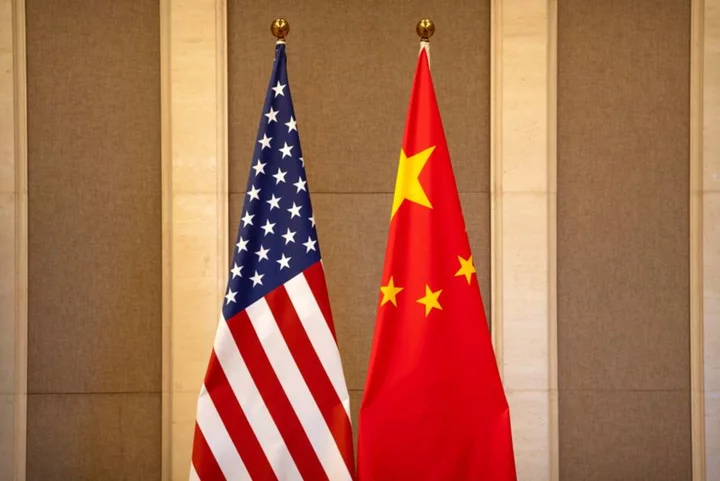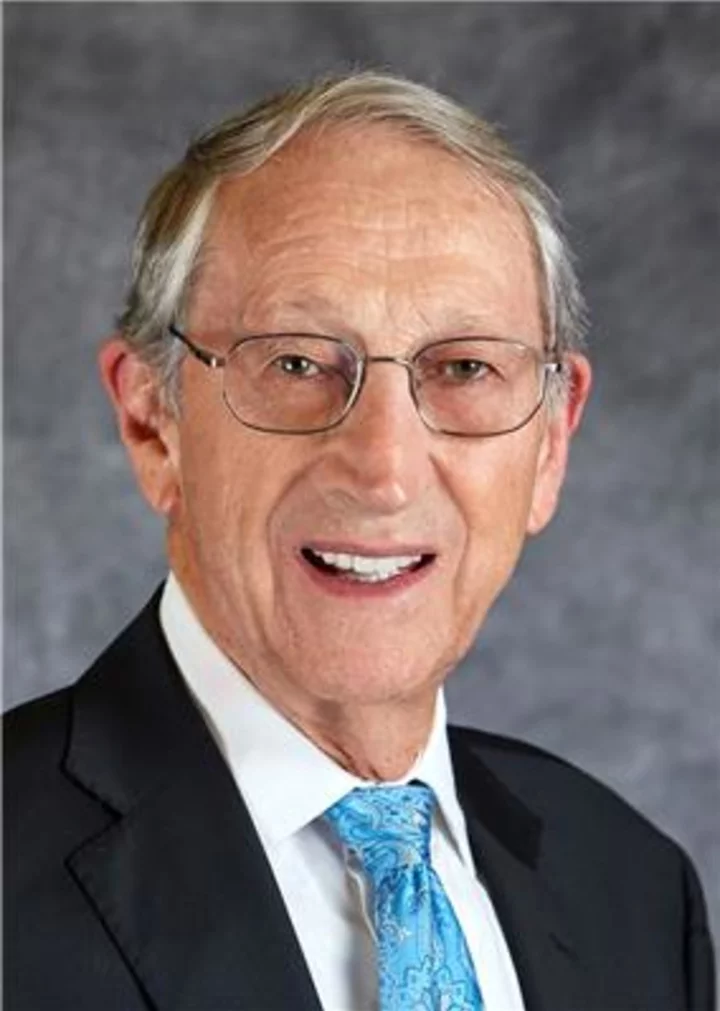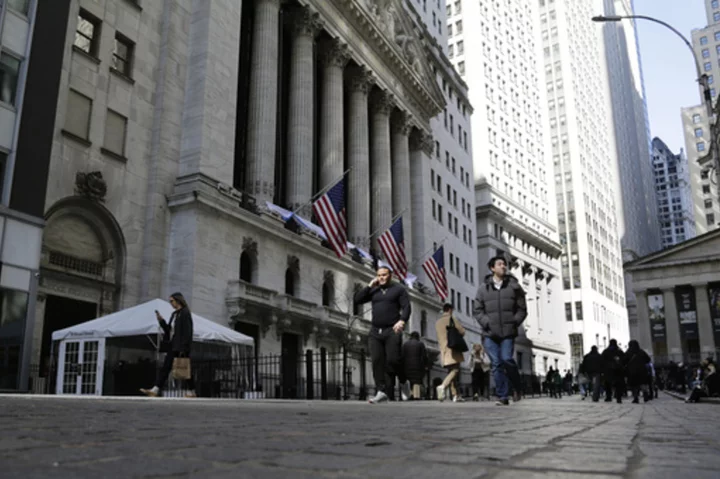"We have no funding restrictions," Russia's President Vladimir Putin told a gathering of military top brass in December. "The country, the government will provide whatever the army asks for." Eighteen months into his war in Ukraine, Putin seems to be keeping that promise.
But he's doing it increasingly at the expense of another, unspoken, compact with the Russian people: to maintain economic stability at home.
A few weeks before that December meeting, Putin had signed into law a budget that earmarked 4.98 trillion rubles — $52 billion at the current exchange rate — for "national defense" in 2023, a little more than last year's expenditure. But according to a government document seen by Reuters earlier this month, that forecast has now been doubled to 9.7 trillion rubles ($101 billion). That's almost three times what Russia spent on defense in 2021, before its full-scale invasion of Ukraine in February 2022.
Those figures are likely to underestimate the total spent on Russia's war effort. The Stockholm International Peace Research Institute, which tracks military expenditure around the world, estimates that the "national defense" line in Russia's official budgets accounts only for around three-quarters of total military spending.
Richard Connolly, a specialist on the Russian economy at the Royal United Services Institute for Defence and Security Studies, also suggests that military spending this year will far exceed $100 billion. He said that before the war Russia would typically splash around 3-4% of its annual gross domestic product on defense but now it could be anywhere between 8% and 10%.
If the price of goods and services in Russia is taken into account, the equivalent amount in dollar terms for 2023 looks even higher, probably closer to $300 billion, estimates Janis Kluge, a senior associate at the German Institute for International and Security Affairs.
The Kremlin's largesse toward its armed forces has already come at a steep economic cost.
Russia's budget deficit — the gap between spending and income — has widened sharply since the start of the war, as revenues from oil and gas exports have been hammered by Western sanctions and heavy discounts for remaining buyers. Lower energy prices this year and production cuts aimed at propping them up have added to the pressure.
Revenues from the oil and gas sector were 41% lower in the January-to-July period than in the same period in 2022.
That means the government is having to borrow more. Government debt, currently at 14.9% of GDP, is set to rise.
"We'll be increasing our debt, this is a hopeless situation. We will have to do this because our expenditure side is growing," deputy finance minister Irina Okladnikova said last month. The plan is to stay within the "safe limit" of 20% of GDP, she added. (Russia is still one of the world's least indebted countries thanks, in part, to its earnings from energy and other commodities.)
Russia's exports are still greater than the value of its imports, despite a boost to the latter from the hefty military spending. But that surplus fell by 85% in the first half of the year, compared with the same period in 2022, bringing the country dangerously close to a deficit.
Countries running such a "current account" deficit usually rely on inflows of foreign capital. But that's less of an option for Moscow, because of sanctions, Liam Peach, senior emerging markets economist at Capital Economics, told CNN.
"Russia cannot borrow from abroad, it's locked out of Western capital markets," Peach said.
In addition, Russia also can't tap into the large share of its central bank's foreign exchange reserves that are frozen in the West. That means it could be forced to curtail imports.
The rapidly vanishing surplus has contributed to the ruble's depreciation, according to the Russian central bank. The currency has lost more than 30% of its value this year, weakening past 100 rubles to the dollar earlier this month.
The ruble may still fall further, Kluge at the German Institute for International and Security Affairs told CNN.
"The last thing that they [the government] want is that Russians lose trust in the Russian currency and then at some point maybe start exchanging all the rubles into foreign exchange, because then you would have a vicious cycle. And that could really create some kind of currency crisis in Russia," he said.
A weaker ruble translates into rising prices, Russia's central bank said on August 15 when it jacked up its main interest rate by 3.5 percentage points to 12% at a hastily scheduled emergency meeting. Policymakers said the decision — made the day after the ruble hit a 17-month low against the dollar — was "aimed at limiting price stability risks."
Annual consumer price inflation reached 4.3% in July, overshooting the central bank's target of 4%.
More rate hikes, or even the reintroduction of controls aimed at keeping dollars in Russia, may well be needed, even though they are likely to slow economic growth.
Rising military spending is, on the other hand, boosting Russia's industrial output and, with it, GDP. Last month, the International Monetary Fund upgraded its forecast for the country's GDP growth this year to 1.5% from the 0.7% it predicted in April, noting that "a large fiscal stimulus" was driving Russia's economic strength.
However, "this is not the kind of growth we should be glad about," said Alexandra Suslina, an independent economist who left Russia shortly after the invasion.
"If you produce a tank, that of course makes a big contribution to the formal growth of GDP. But that tank won't plow a field ... it won't help you teach people or give them medical treatment. This is not a stimulus for longer-term development," she told CNN.
'Tough choices'
Economists acknowledge that Russia's economy has so far performed better than expected. Suslina argues the traditional resilience of the Russian people has served as an "extra resource."
"The Soviet heritage taught people to live literally in poverty, not to count on anything," she said. "And they are prepared to stay for a long time in that survival mode."
Alexandra Prokopenko, a non-resident scholar at the Carnegie Russia Eurasia Center in Berlin, added that Russian policymakers and businesses were likewise adept at handling crises.
But the stresses on the economy are intensifying.
Although oil prices have risen since late June, they are still far below last year's peaks, which helped Moscow weather the impact of sanctions. Its revenues from oil exports in July were $4.1 billion lower than a year ago, according to estimates by the International Energy Agency.
"Russia is in a position where it simply cannot live with a much lower oil price. Macroeconomic stability depends on oil prices staying at current levels," said Peach at Capital Economics.
Prokopenko said Russia might be able to bankroll the war for another year or so, but if it drags on beyond that the government will have to make "tough choices."
"The trade-offs will be that they will need to raise taxes or cut spending on infrastructure, such as building roads and maintaining bridges, because military spending will demand more and more [of the budget]," she told CNN.
Peach agrees, saying that in the near future Russia will need to plug its budget deficit and may raise taxes on the most profitable sectors of the economy, such as banks and energy companies.
"Russia's largest firms will become increasingly subject to those in power. The cost of greater state involvement, isolation from the West and an ongoing commitment to military objectives will be to weaken Russia's growth prospects and living standards," he wrote in a note last month.
— Anna Cooban, Tim Lister and Olesya Dmitracova contributed to this article.

